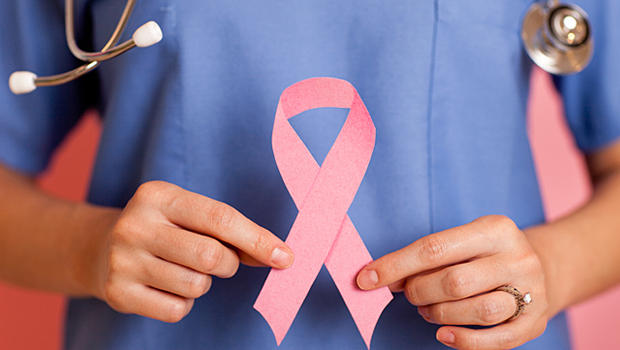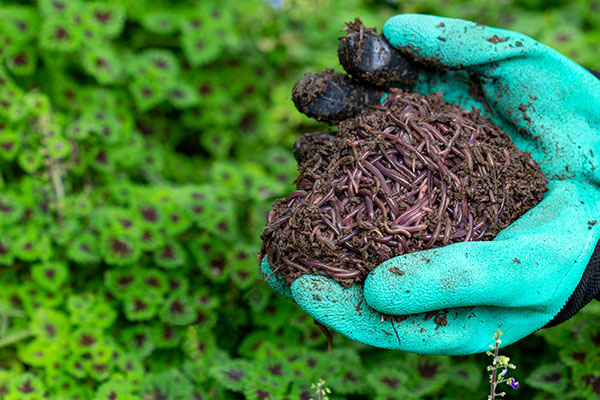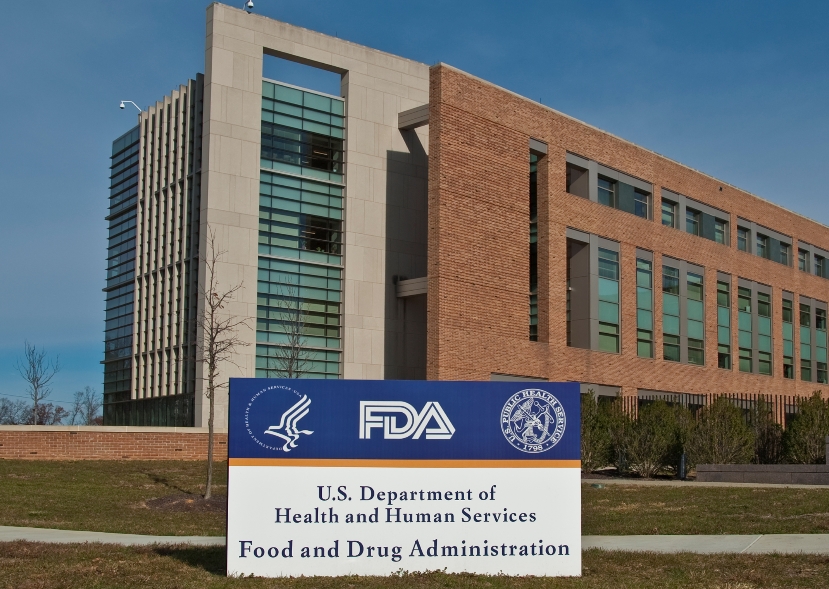
The study results were published in the journal Applied and Environmental Microbiology in collaboration with the American Society for Microbiology.
Probiotics and breast cancer prevention
Probiotics are associated with an improved digestive and urinary function, along with a stronger immune system. These live microorganisms, which can be ingested through supplements or fermented foods, can also heal irritable bowel syndrome (IBS) and other inflammatory bowel issues.
In the study, Dr. Gregor Reid and his fellow researchers discovered that certain types of harmful bacteria were found within the breasts of women with breast cancer. Meanwhile, beneficial bacteria thrived within the healthy breast tissue. The research team posits that beneficial bacteria in the breasts may help protect women from cancer.
The scientists also suggested that taking probiotics could be a beneficial preventative practice for breast cancer in women.
For the study, researchers obtained breast tissue samples from 58 female patients undergoing mastectomies or lumpectomies for either cancerous (45 women) or benign (13 women) tumors. The team also analyzed breast tissue samples from another group made up of 23 healthy women who have had breast enhancement or reduction surgery.
Bacteria in breast tissue
The researchers used culturing and DNA sequencing to identify the bacteria within the tissue samples, and the results showed that the women with breast cancer had high levels of E. coli and Staphylococcus epidermidis bacteria. Both are known to cause harmful double-strand breaks in the DNA.
The cells’ repair mechanism for these kinds of breaks, which are very difficult and prone to error, can cause cancer.
On the other hand, Streptococcus thermophilus and Lactobacillus bacteria are found in the breasts of the women who didn't have cancer. These bacteria, which are considered health-promoting, also possess anti-carcinogenic properties.
Natural killer cells (NK cells) in the immune system control tumor growth. This means having a low level of NK cells is linked to a higher risk of developing cancer. Thankfully, S. thermophilus produces antioxidants that reduce reactive oxygen species that cause DNA damage, which results in cancer.
The researchers were inspired to conduct this type of research because "lower incidents of breast cancer is linked with women who are breastfeeding." Human milk is rich in beneficial bacteria, and the scientists hypothesized that increasing these levels could somehow minimize cancer risk.
This doesn't mean that a woman needs to lactate to improve bacterial flora in breast tissue.
According to a separate study by Spanish researchers, the probiotic lactobacilli reach the mammary gland when it is ingested. Data has confirmed that probiotics can effectively increase beneficial bacteria and suppress the growth of other harmful strains. (Related: Kombucha prepared from ginger holds potential for treating breast cancer.)
Continued research can help confirm how certain probiotics could be used to fight or prevent breast cancer. While research is ongoing, consume probiotic-rich foods like miso soup or tempeh regularly to boost your digestive health and lower your breast cancer risk.
Healthy probiotic-rich foods
Below is a list of foods that can help improve your digestive health and promote the growth of beneficial bacteria.
- Cheese – Some cheeses, like cheddar, cottage, Gouda, and mozzarella cheese, contain probiotics from the aging process.
- Dairy – Low-fat and organic yogurts contain probiotics. Check for the live cultures on the label since not all yogurts have probiotics. Dairy drinks like kefir, a fermented milk drink that contains a live bacteria and yeast, is also a good source of probiotics.
- Fermented foods – Kimchi, a fermented Korean dish, contains vegetables like cabbage, spices, and lactic acid bacteria. Kombucha tea, a drink fermented with bacteria and yeast, is another option. Sauerkraut is another cabbage-based dish that is also fermented in lactic acid bacteria. Other fermented foods rich in probiotics include fermented soybeans in miso soup, pickles, and tempeh.
Visit Cancer.news to read more articles about breast cancer prevention.
Sources include:
Please contact us for more information.























